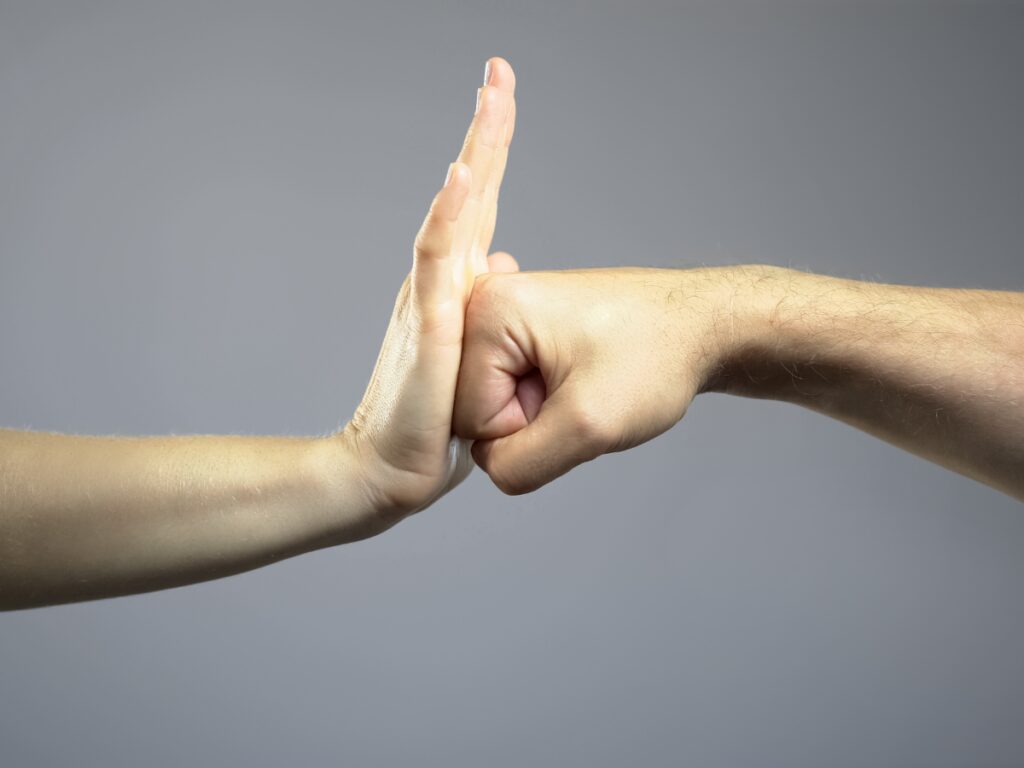Call us now:
Florida law strongly supports the idea that every citizen has a right to defend themselves against force or the threat of force of another. One of the first things many Defendants who have been accused of any kind of crime that involves the use of force says or thinks is “I was defending myself”. Self defense is a well known defense to certain allegations in Florida, but few people are aware that a diagnosis of PTSD may be able to be used to assist in their defense at trial. Self defense and PTSD in Florida can depend on where in Florida you are right now, which just illustrates how important it is to have a lawyer who knows these laws very well.

Imagine being attacked, having the trauma of having to fight for your life and safety, and then having to live through the nightmare of being prosecuted when you are the true victim. So you essentially were victimized by the attack, then victimized by the criminal justice system. Now add another element, imagine you have been suffering from PTSD (Post-traumatic stress disorder). You have been officially diagnosed with a mental health disorder that originally was caused by some sort of environmental event in your life that left you continuing to suffer its effects forever. Shouldn’t it matter to a jury that your perceptions may be altered when compared to a person who hasn’t had this diagnosis?

The law describing Self-defense in Florida is described by statute, and the most pertinent part states as follows. Under Florida law, “[a] person is justified in using or threatening to use deadly force if he or she reasonably believes that using or threatening to use such force is necessary to prevent imminent death or great bodily harm to himself or herself or another or to prevent the imminent commission of a forcible felony.” § 776.012(2), Fla. Stat. (2015).
Recently the 4th DCA in Brandon Cowins v State 4D2023-2564 ruled that an expert’s testimony concerning PTSD would not be relevant to a defendant’s self-defense claim. It based its reasoning on the standard jury instruction Fla. Std. Jury Instr. (Crim) 3.6(f). So if you are prosecuted in a county that is within the 4th DCA jurisdiction, you would be prevented from providing important PTSD expert testimony when defending your liberty in a criminal trial or hearing involving self-defense. The full case is found here https://4dca.flcourts.gov/pre_opinion_content_download/2440270
Luckily the opposite conclusion is reached in our DCA in State v Mizell, 773 So.2d 618 (Fla. 1st DCA 2000). Our DCA reasoned that expert testimony regarding a diagnosis of PTSD can be relevant in a self-defense case, since the diagnosis is relevant to whether the defendant actually believed the perceived danger was real.
The standard jury instruction for self-defense, which the trial judge quoted during the hearing, indicates that a defendant’s perceptions are relevant when assessing applicability of self-defense. See Fla. Std. Jury Instr. (Crim.) 45, 48 (“Based upon appearances, the defendant must have actually believed that the danger was real.”). The cases that admit evidence of BSS do so to help the jury understand why the victim would subjectively fear increased aggression against her. See Hawthorne v. State, 408 So.2d 801, 806-07 (Fla. 1st DCA 1982) (“The expert testimony would have been in order to aid the jury in interpreting the surrounding circumstances as they affected the reasonableness of her belief ․ that because she suffered from the syndrome, it was reasonable for her to have remained in the home and at the pertinent time, to have believed that her life and the lives of her children were in imminent danger.”).
The Court went on to analogize PTSD with Battered Spouse Syndrome which has a history of being admissible in evidence in Florida in self-defense cases.
Not every self-defense case has circumstances where a defense expert is needed, or the accused has a relevant diagnosis of some mental health condition, but the concept that is crucial is that the Court’s in Florida don’t all agree on how the law should be applied. This can cause huge effects when you have been accused of a crime. Reasonable minds can disagree over the value of PTSD evidence and its admissibility, but everybody should agree that you need to know if this rule applies to your case or doesn’t. The Florida Supreme Court currently is reviewing this issue, but until they issue a ruling settling the difference between the 1st and 4th DCA’s, a clear answer won’t be available regarding self-defense and PTSD in Florida.
